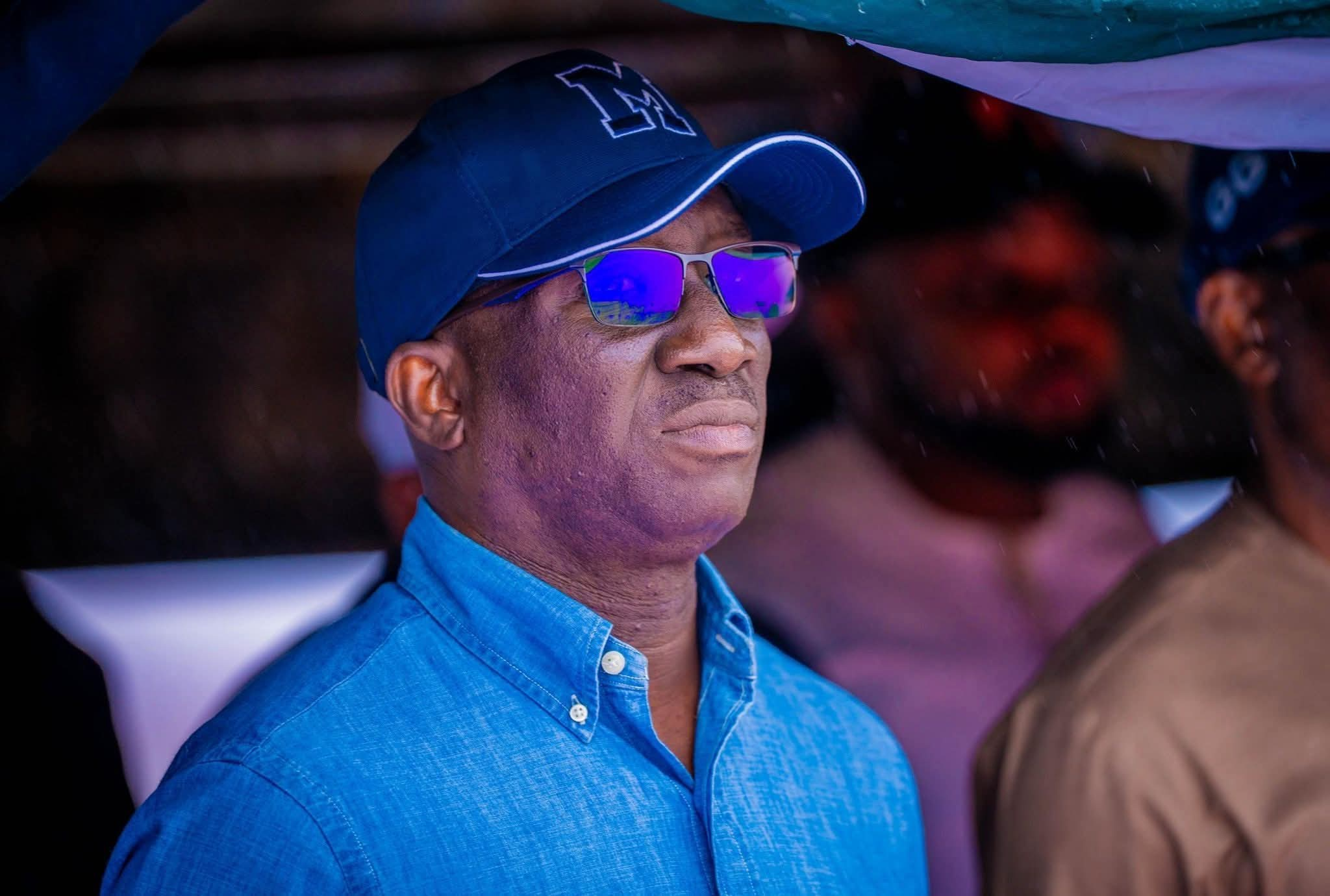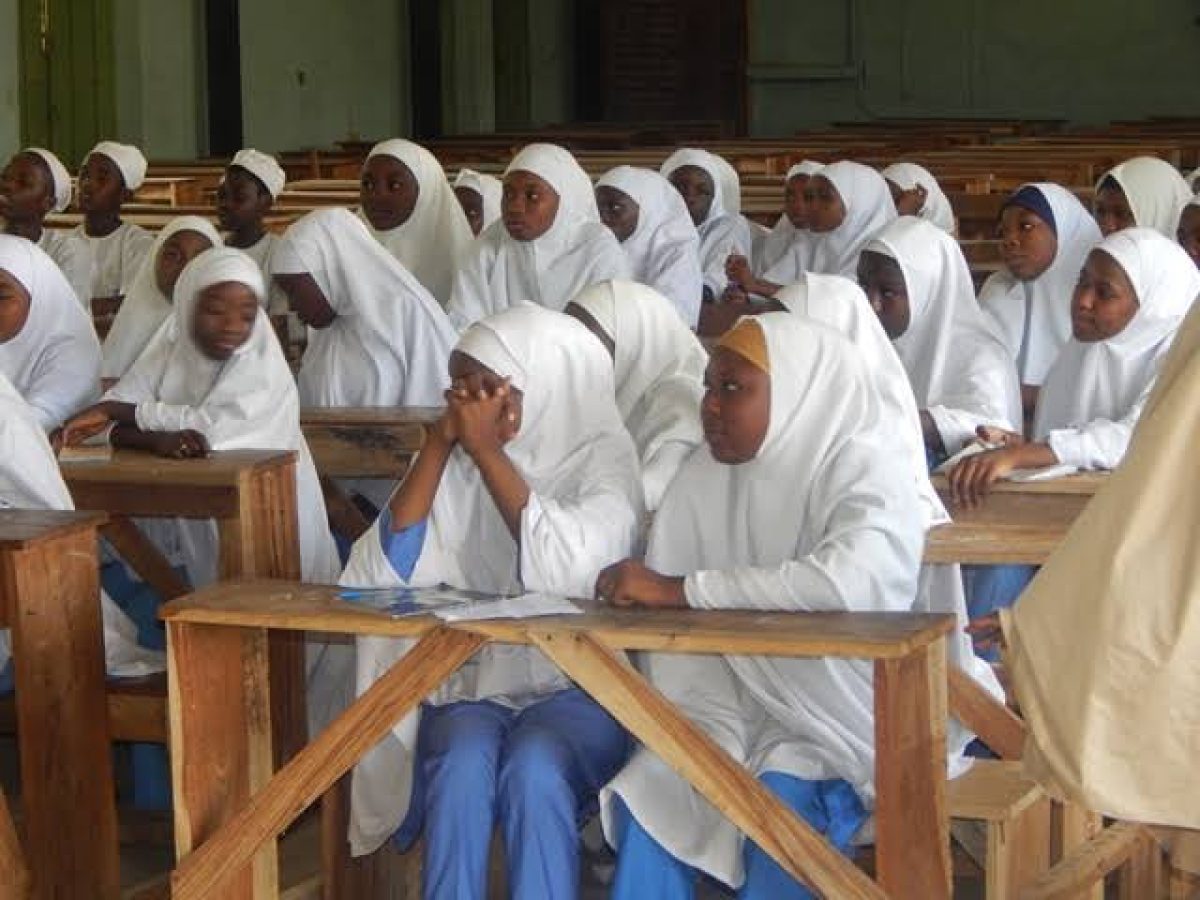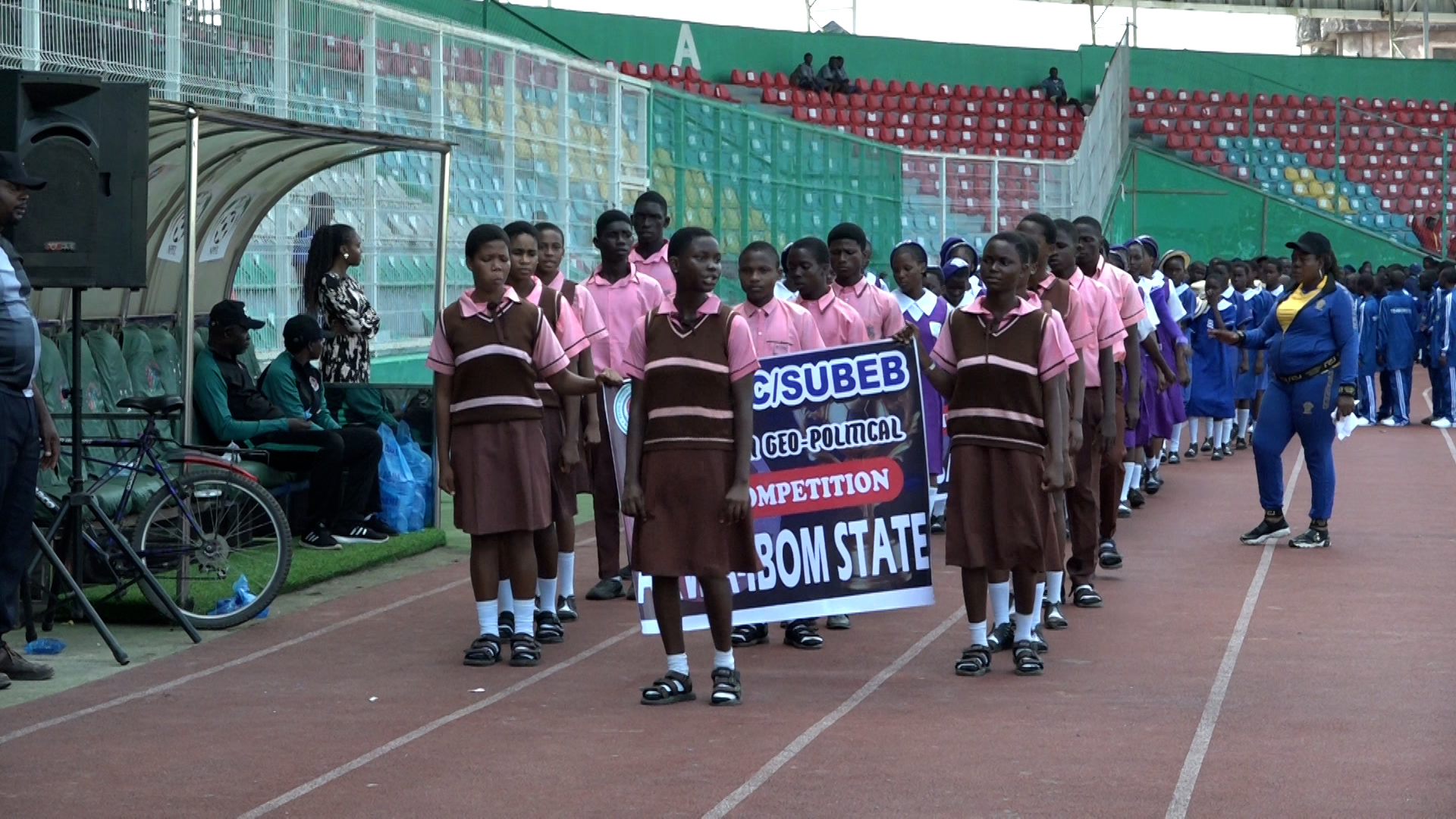Edo State Governor, Senator Monday Okpebholo, has unveiled a comprehensive and transformative roadmap for education, reflecting the administration’s commitment to providing every child with access to quality, future-ready learning opportunities.
Governor Okpebholo’s education reforms are being spearheaded by the Commissioner for Education, Dr. Paddy Iyamu. Iyamu said the reform agenda is a deliberate and holistic strategy designed to reposition education as the foundation of Edo’s long-term development.
The administration of Governor Monday Okpebholo is addressing decades of decay across the education sector with unprecedented reforms. Dilapidated schools are being rebuilt into modern learning centres equipped with STEM laboratories, functional classrooms, sanitation facilities, and teaching aids.
Through the “EduRescue Initiative,” children previously out of school are being reintegrated, with free books and learning materials provided to ensure inclusivity and equity.
Central to this transformation is the recognition that teachers are the drivers of educational excellence. Accordingly, the Government has prioritized the recruitment, continuous training, and digital empowerment of teachers.
With tablets and standardized lesson scripts now in their hands, educators across the state are delivering uniform, high-quality instruction. “No education system can rise above the quality of its teachers,” Dr. Iyamu stated. “That is why we are investing in them like never before.”
The reforms extend beyond the present, preparing young people with both academic and vocational competencies. Every student completing junior secondary school will now graduate with a trade certification, equipping them with employable skills alongside traditional learning.
Technical colleges in Igarra, Irrua, and Benin are being revitalized, while a new National College is under development in Ovia to strengthen Edo’s vocational and technical education framework.
In parallel, the Government has embarked on restoring integrity to the educational system. Unregulated “miracle centres” and mushroom schools are being shut down, while partnerships with WAEC and NECO are reinforcing the fight against examination malpractice.
Parents are regaining confidence in public schools, reassured that their children can now access education that is credible, competitive, and character-driven.
The higher education sector is also witnessing significant renewal. At Ambrose Alli University, construction is underway on two lecture theatres each with 1,500-seat capacity, alongside a 600-bed hostel.
At Usen Polytechnic, a 5-kilometre road abandoned for over two decades is finally being completed. In addition, the introduction of EdoCert 2.0 has digitized academic records, enabling students to securely access certificates online, ending years of bureaucratic delays.
Further underscoring the administration’s commitment to inclusivity, a bursary scheme for indigent students has been introduced, while the adoption of the Federal Government’s NELFund programme ensures that no child is excluded from school due to financial hardship.
Beyond academics, civic education, guidance and counselling, moral reorientation, and sports development, through initiatives such as the Principals’ Cup and Governor’s Cup, are being revived to cultivate discipline, teamwork, and leadership among young people.
Summarizing the administration’s vision, Dr. Iyamu declared: “Our long-term ambition is for Edo to be the national model of education reform. We want children here not just to be literate but to be globally competitive, entrepreneurial, and future-ready.




